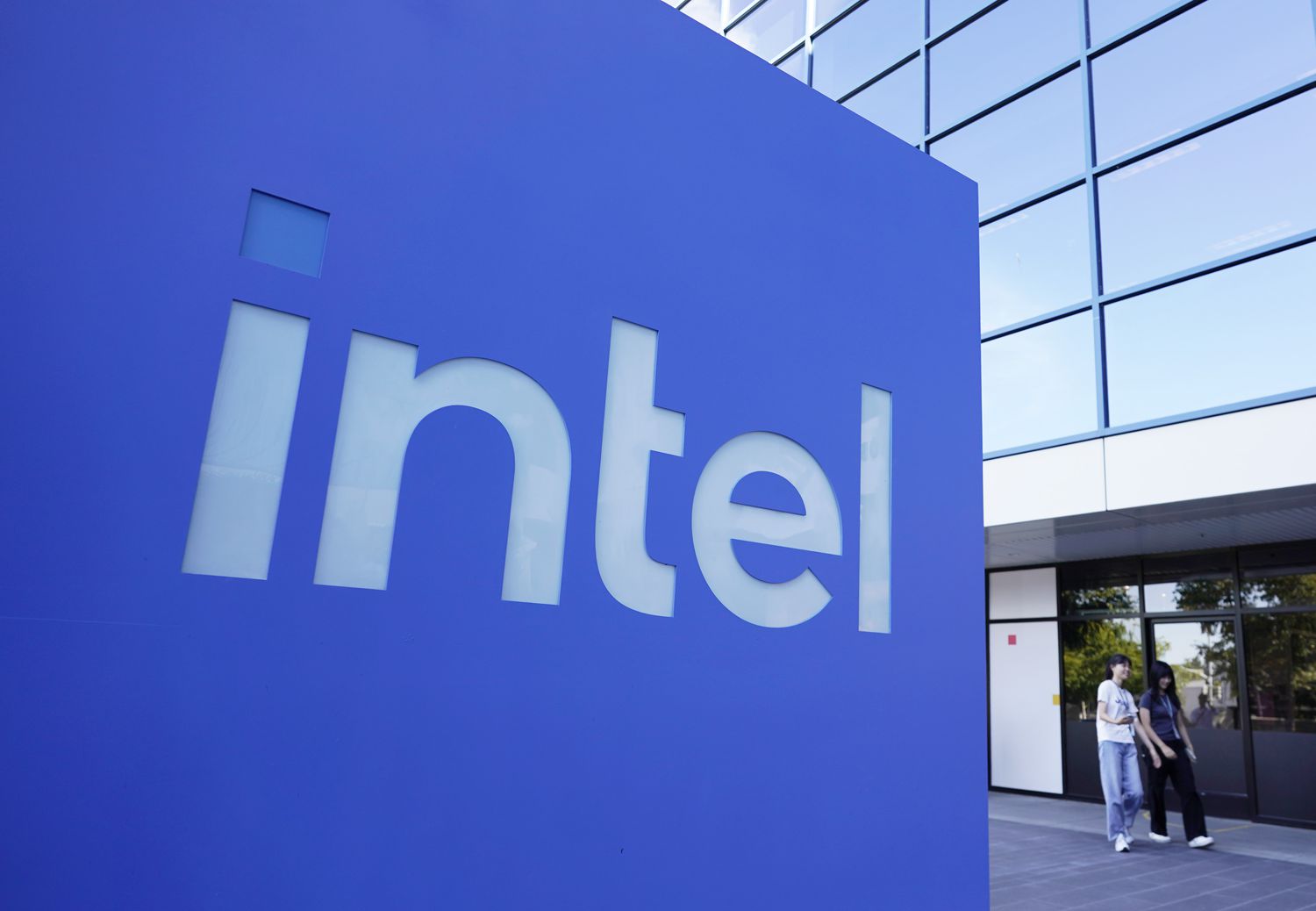A Late-Friday Takeover Report Fires Up Intel’s Stock
- December 10, 2024
- Category: Blockchain

Key Takeaways
- A late-Friday report that Qualcomm recently made a “takeover approach” to Intel sent the latter company’s shares higher.
- Investors in Intel have read a raft of reports about possible M&A activity this week, with the company seemingly taking some options off the table.
- Intel shares have lost more than half their value since the start of the year amid concerns about the chipmaker’s ability to turn around the business.
Shares of chipmaker Intel ( INTC ) popped in extended trading Friday, pulled higher by a report that Qualcomm ( QCOM ) had made a “takeover approach.”
The story in The Wall Street Journal , citing people familiar with the matter, said Qualcomm recently made a takeover approach to Intel. The news sent Intel’s stock up about 4%. Qualcomm’s was little changed, after falling close to 3% in the regular session.
Investors have in recent weeks considered a raft of stories about possible deal activity involving Intel, with Wall Street looking for signs that the company might be on a path to raising fresh capital or shoring up its businesses. The company this week, meanwhile, updated investors about its strategic plans and said a sale of its stake in Mobileye ( MBLY ) was off the table .
Qualcomm had been cited in some of those Intel reports . A takeover, however, would be particularly dramatic: Intel’s market capitalization was recently about $90 billion.
Intel’s shares are down more than 50% in 2024.

